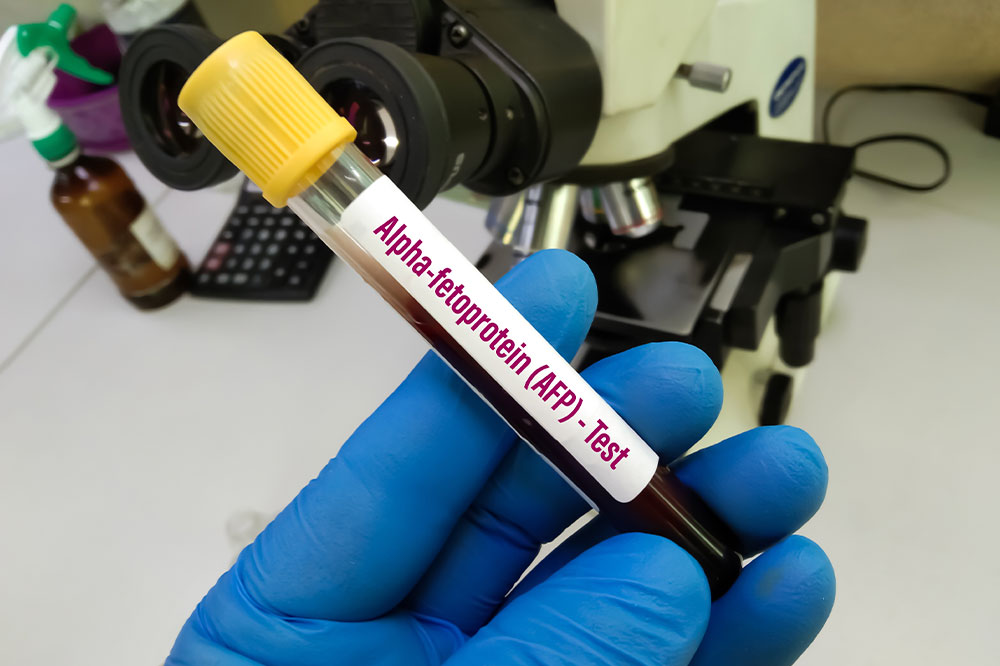
The alpha-fetoprotein test and its advantages
When you’re pregnant, it is obvious that one of your primary concerns is the health of the baby. That’s why many pregnant women undergo an alpha-fetoprotein test (AFP). While the AFP test is integral to prenatal care, it can also be confusing. This article will help you understand the importance and benefits of this AFP test. Read on to learn more about the ins and outs of the vital step during pregnancies.
What is the alpha-fetoprotein test?
The AFP test is a blood test that calculates and measures the level of alpha-fetoprotein in your blood. Alpha-fetoprotein is a protein manufactured by the liver and plays an essential role in fetal development. The test is used to screen for particular birth defects, such as neural tube defects, and to monitor the health of pregnant women.
When is the alpha-fetoprotein test performed?
The AFP test is usually performed at 15 or 20 weeks of pregnancy but can be done as early as 12 weeks if there are specific concerns. For example, if you are over 35 years old, have diabetes, or have family members who have had birth defects, your doctor may want to perform the AFP test earlier than expected. The AFP test can help identify any problems with fetal development before they become severe and may result in complications during childbirth.
How is the alpha-fetoprotein test performed?
AFP testing is usually accomplished by taking a blood sample from a vein in your hand and dispatching it to the lab for analysis. The results typically take 1 to 2 weeks or less, depending on the complexity of the test.
How to prepare for the alpha-fetoprotein test?
Stay hydrated
One of the best ways to prevent the veins from collapsing is to drink plenty of water. Not only will this help keep your blood flowing smoothly, but it will also help reduce the risk of dizziness and fatigue.
Eat light meals
When you eat heavy foods, your body has to work harder to digest them and transport nutrients throughout your system. This can lead to tiredness and headaches later in the day, so try eating lighter meals instead.
What do they look for in an alpha-fetoprotein test?
AFP testing is vital to parental care and can help identify potential health problems. However, getting the test done correctly is essential so you don’t end up with a miscalculated due date or other complications.
AFP is usually elevated in cases of inaccurate pregnancy dating. But, elevated levels can lead to the detection of neural tube defects, for instance, spina bifida or anencephaly. Elevated AFP levels may also suggest deficiencies in the esophagus or other organs in the baby’s body.
AFP levels are typically checked during prenatal care, and low levels may indicate a baby has developed an abnormal chromosome. Doctors can detect some genetic abnormalities while testing, including trisomy 18 (Edwards syndrome), trisomy 21 (Down syndrome), and multiple pregnancies. If your child has an abnormal level of AFP, it’s essential to check it out so that any potential problems can be identified and treated early on.
AFP also tests the levels of human chorionic gonadotropin (HCG), a hormone generally produced by the placenta during pregnancy. It may additionally help diagnose and monitor certain liver conditions, such as cirrhosis, liver cancer, and hepatitis.
Overall, the alpha-fetoprotein test is a simple and quick way to screen for various health conditions. This test is quite common and often ordered as part of routine prenatal screening.




